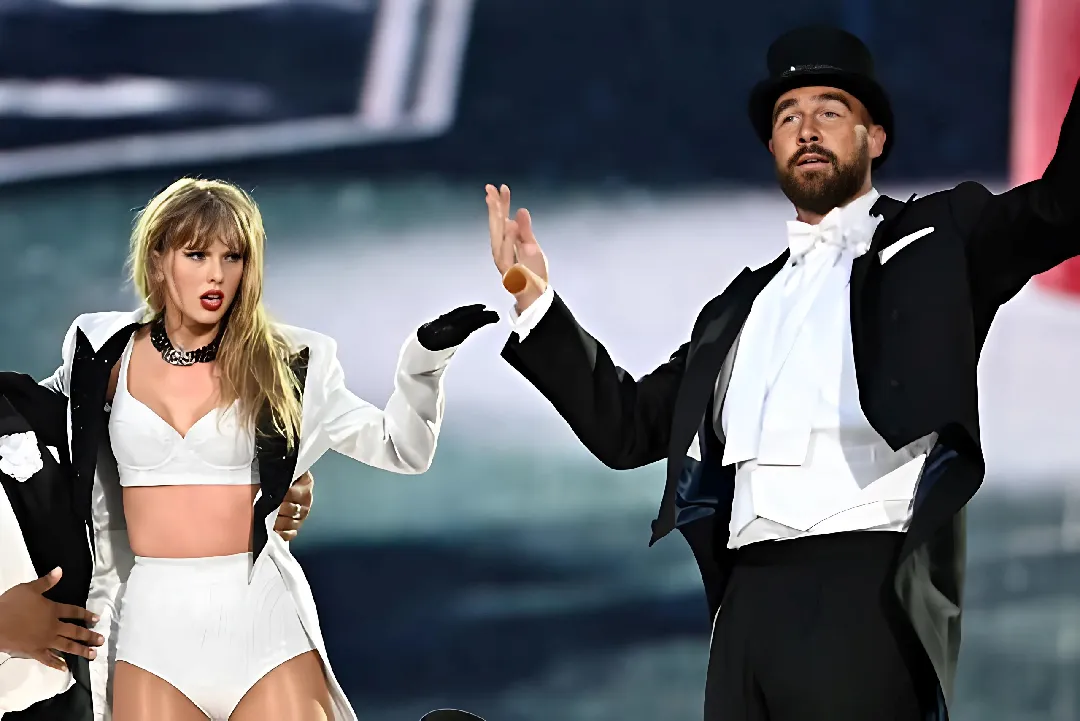Kansas City Chiefs kicker Harrison Butker has found himself at the center of controversy following his commencement speech at Benedictine College, where he expressed his Catholic beliefs and traditional views on gender roles.

Butker has since addressed the backlash, acknowledging the criticism he has received while standing by his convictions.
In a recent appearance at the “Courage Under Fire Gala” in Nashville, Tenn., Butker spoke candidly about the response to his speech, describing it as “a shocking level of hate.” He emphasized that his commitment to his Catholic faith has made him a polarizing figure, but reaffirmed that he has no regrets about sharing his beliefs.
The 28-year-old kicker’s remarks at the gala, hosted by the Regina Caeli Academy, shed light on the challenges he has faced in the wake of his controversial speech. Butker acknowledged that discussing his
Catholic values has drawn significant opposition, but remained steadfast in his commitment to upholding those beliefs.
During his commencement address at Benedictine College, Butker sparked controversy by espousing traditional views on gender roles and expressing concerns about societal attitudes towards marriage and family. His comments about the role of women as homemakers and the importance of marriage and children drew criticism from those who viewed his remarks as sexist and outdated.
Despite the backlash, Butker has remained resolute in his convictions, asserting that he will not back down from expressing his deeply held beliefs.
His unwavering commitment to his faith and traditional values has made him a lightning rod for criticism, but he has not shied away from defending his perspective.
While some have condemned Butker’s remarks as insensitive and out of touch with modern societal norms, others have rallied behind him, commending his courage to speak out in support of his beliefs. The clash of opinions surrounding Butker’s speech reflects broader societal debates about religion, gender roles, and LGBTQ+ rights.
In response to the controversy, Butker has emphasized the importance of respecting differing viewpoints and engaging in constructive dialogue. He has expressed a willingness to engage with those who disagree with him, while also standing firm in his convictions. The complexities of navigating such contentious issues in today’s society have not deterred Butker from voicing his beliefs and engaging in open discussions about faith and values.
As the debate surrounding Butker’s commencement speech continues to unfold, it serves as a reminder of the challenges inherent in addressing deeply held beliefs in a diverse and rapidly evolving society. While Butker’s views have sparked intense scrutiny and debate, they also highlight the ongoing tensions between traditional religious values and shifting cultural attitudes.
Ultimately, Harrison Butker’s decision to address the backlash head-on underscores the importance of grappling with complex and divisive issues in a respectful and thoughtful manner. As he navigates the fallout from his controversial speech, Butker remains committed to fostering understanding and dialogue, even in the face of intense criticism.
The broader implications of Butker’s experience extend beyond the realm of sports and into the broader cultural landscape, reflecting the ongoing struggle to reconcile differing perspectives on faith, gender, and societal norms. As Butker continues to navigate the aftermath of his commencement speech, his willingness to engage with opposing viewpoints serves as a testament to the value of open discourse in addressing challenging and contentious issues.
In the midst of intense scrutiny and criticism, Harrison Butker’s unwavering commitment to his beliefs offers a compelling example of navigating difficult conversations with grace and conviction. While the fallout from his commencement speech may continue to provoke debate, Butker’s willingness to engage in dialogue underscores the importance of respectful engagement in addressing complex and deeply personal issues.



